The first major wave of monetary easing following the Federal Reserve's interest rate cut has finally arrived, marking a significant turning point that is now upon us.
In the past 24 hours, China has witnessed an event that has captured the world's attention. The central bank, the China Securities Regulatory Commission (CSRC), and the banking regulatory authority have jointly held a meeting and announced a series of major measures. Such a collaborative effort by the "one bank, one commission, one bureau" is extremely rare throughout the history of modern China, as it implies that China's monetary and financial markets are about to undergo a fundamental turning point.
To put it in the simplest terms, let me explain this to you clearly.
Those who follow the news are aware that within a single day, the central bank has unleashed five major initiatives: reserve requirement ratio (RRR) cuts, interest rate cuts, reduction of existing housing loan interest rates, reduction of down payments for second homes, and the most significant move of all, the equivalent of 800 billion yuan indirectly buying stocks.
For the benefit of those with no prior knowledge, let me clarify all the terms.
RRR cuts and interest rate cuts are the most straightforward; you can think of it as the central bank opening the floodgates to channel money from financial institutions to businesses and the general public.
The reduction of existing housing loan interest rates is a matter of great concern to many. This time, it has been reduced by 0.5 percentage points, which is equivalent to saving 100,000 yuan on a 30-year mortgage with a principal and interest payment of 1 million yuan, almost like giving everyone a free car, a very substantial measure.
Next is the reduction of down payments for second homes, which is clear to those who have bought property. It is essentially lowering the barrier to home ownership and stabilizing the real estate market.
Finally, there is a move that has caused a stir in the industry. The central bank has spent 800 billion yuan to support the Chinese stock market. What exactly is this about? It is very necessary to explain in detail.
The so-called 800 billion yuan for buying stocks does not mean the central bank is buying directly. Instead, the central bank first takes out government bonds and central bank bills worth 500 billion yuan to exchange for stock assets held by securities, funds, and insurance companies.Then, another 300 billion was lent to listed companies at ultra-low interest rates (almost for free), allowing them to use the money to support their own stocks.
People who understand the market are well aware that government bonds and central bank bills are hard currency, almost equivalent to cash, and the stock assets of the aforementioned companies were originally difficult to sell, so you can fully understand this 800 billion as the central bank's targeted support for the Chinese stock market.
The reason it is called targeted support is because it is clearly written in black and white that the 800 billion can only be used to buy stocks; if you want to buy a house or invest abroad, you won't get a penny.
Such actions by the central bank to buy stocks are very rare in Chinese history, and what's even more shocking is the central bank's attitude. Do you know what the central bank governor said? He said: If 500 billion is not enough, there will be a second 500 billion, if 300 billion is not enough, there will be a second 300 billion, and if that's still not enough, there will be a third 300 billion...
His implication is that the central bank will support to the end and must prop up China's stock market assets!
With the central bank's tough stance and the introduction of five major policies, the global asset market has been turned upside down overnight:
Firstly, the A-shares came back to life, with more than 5,100 stocks rising collectively, reaching a high point of 2,952, showing a strong momentum to reclaim the 3,000 mark.
Then, the yuan exchange rate soared, with the offshore yuan against the US dollar strongly reclaiming the 7.0 mark, rising to 6.9952 at one point.
It seems that overnight, all the confidence we lost has come back.
Of course, there are definitely people who are confused, for example, some have raised questions about why the central bank is supporting the stock market this time. They believe that it would be better to invest in the real economy or give the money directly to themselves, rather than supporting the stock market.Do many people have such thoughts? It's normal for ordinary people to think this way, but the central bank's perspective is far beyond the imagination of ordinary people. If you don't believe me, let me explain and you will understand.
Everyone knows that China's industry is unparalleled globally; a single country can match the entire Western industrial strength. But haven't you noticed something magical? That is, the market value of Chinese companies is barely a fraction of many American companies, such as Apple, Nvidia, and Microsoft in the United States, which can easily reach a scale of trillions, and even at their peak, they can directly break through 3 trillion US dollars.
Many Chinese technology companies, on the other hand, have a maximum valuation of tens of billions at most. Although there is indeed a gap between Chinese enterprises and the United States, this gap must not be so exaggerated, right?
So why does this absurd thing happen? The answer is that China is the world's number one industrial powerhouse, but not the world's number one financial powerhouse. Therefore, many companies work hard to sell products and barely earn tens of billions, only to have their assets instantly evaporate in the financial market. In such a big environment, the huge income earned by China through foreign trade cannot be returned to the country to form an economic effect for a long time.
The reason is very simple. Suppose you are a foreign trade company that made 10 billion last year through exports. How would you handle this income? I know some people say, bring it back, invest it domestically, okay, listen to your advice, we bring this 10 billion back to the country for investment, and then we see the jaw-dropping situation, buy stocks, the stock market plummets, buy houses, housing prices plummet, buy bonds and deposit in banks, and find that the interest is very low. So after thinking about it, you find that the best solution is actually not to settle this money first, let it float abroad and wait for other opportunities.
This is the crux of China's economy. It's not that Chinese companies don't make money, China's foreign trade is very strong, in the first eight months of this year, it has continuously broken historical records, we have made a lot of money from foreigners, but this money has not come back. Some institutions have estimated that this floating fund abroad is at least 2 trillion US dollars, which is an astronomical number. Why is it that foreign trade is prosperous, but the country is in a state of deflation? The real reason is actually here.
Seeing this, you should understand why the central bank must support the stock market, because the current Chinese financial market has seriously dragged the legs of China's economy. It not only failed to raise funds for enterprises and create wealth for the people through investment but also evaporated a large amount of wealth on the spot, causing a huge amount of international capital to dare not invest in China.
If China's economy wants to fully recover, the first thing to do is to solve the problem of the sluggish financial market. Therefore, the central bank has taken action, and 800 billion has directly rushed into the stock market. This is essentially the central bank replacing the balance sheets of financial institutions with its own balance sheet, just like the Federal Reserve backing up the banks in the United States that are on the verge of bankruptcy. The principle is to use national credit as a bottom, allowing China's financial market (banks, stock market) to come back to life.
The Americans have used this trick a long time ago. They have transferred all debts and bad accounts to the US government and left the assets in the US market, which has resolved the crisis again and again. Otherwise, the United States would not have been able to get through the 2008 subprime crisis and the 2020 pandemic crisis. The so-called infinite QE is essentially the same thing.
Understanding this, you should be clear about the future trend of China's stock market. As long as the central bank is here to support the bottom, the temporary rise and fall have no effect on the overall situation, because the bottom has been dragged up. If you don't believe it, take a look at the US stock market, and you will understand it in an instant?Moreover, this is just the first step in our financial counterattack. Everyone is well aware that we currently face three major issues. One is the lackluster financial market, which affects corporate profits. We have already taken action on this front. Another is the heavy debt burden on ordinary people, so the country has started to reduce mortgage rates, issue consumer vouchers, promote trade-ins, and upgrade industries. All these measures are aimed at finding ways to increase income and reduce burdens for everyone.
The last issue is the tight fiscal situation at the local level. Drawing from the American experience, it is highly likely that in the next step, the central government will step in to replace the local fiscal balance sheet, essentially underpinning it with national credit. Only in this way can all regions lighten their load and regain vitality.
Do not find this inconceivable. Otherwise, how do you think the United States has managed its $35 trillion debt? It is essentially transferred to the national credit. As long as the American credit does not collapse, a debt crisis will never come. If Americans can use this method, then naturally, other countries in the world can also use it. Take Japan next door, for example. If you don't believe me, look up Japan's debt ratio, which is the highest in the world, yet nothing has happened. When you check, you will be amazed by the ways countries play the game.
To get back to the main point, that is to say, as long as we can exert efforts simultaneously in the financial market, the resident sector, and local debt, the Chinese economy can immediately emerge from the most difficult period. It is not an exaggeration to say that with the failure of the American financial war, the darkest period for the Chinese economy is already over. What awaits us next is a major counterattack by the Chinese economy. This time's monetary easing is just an appetizer, and the real heavy-hitting policies are yet to come.
The reason why we did not unleash all the big moves this time is that the Americans are very cunning. On the surface, the Federal Reserve began to cut interest rates on September 19th, but they are actually still shrinking the balance sheet internally. This means that we cannot rule out the possibility of the Americans suddenly raising interest rates to ambush us. If we cut interest rates too much at once, while the Americans are raising interest rates, the interest rate gap between China and the United States will widen, leading to another outflow of assets. Therefore, our monetary easing policy this time is very restrained. We are waiting and watching, waiting for the Federal Reserve to further cut interest rates. If they reduce the interest rate to around 4 or 3 in the future, there is no doubt that our mortgage interest rates will definitely decrease. At that time, people who buy houses in China can save hundreds of thousands of yuan without doing anything.
Moreover, with the return of trillions of dollars of overseas funds, our investment will also begin to recover. The issue of layoffs and pay cuts that everyone is most concerned about now will also be greatly alleviated. In summary, the truly difficult times have passed, and the light before dawn has already appeared in front of us.


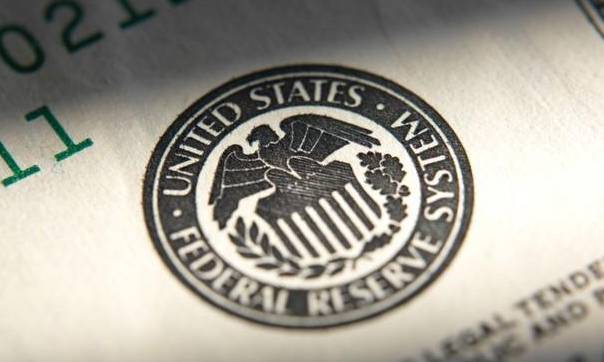
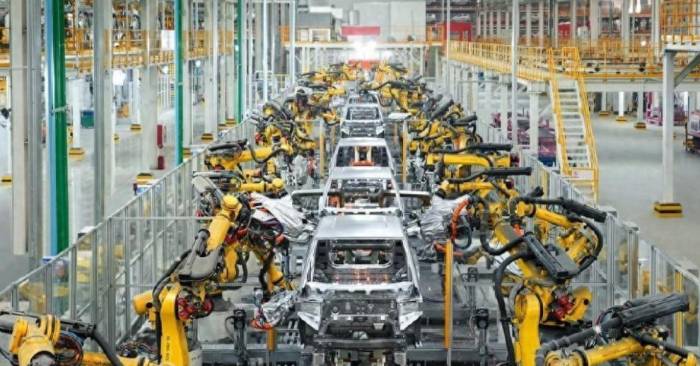
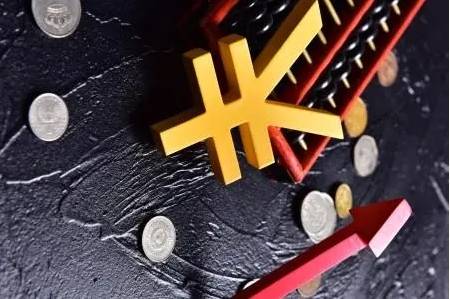


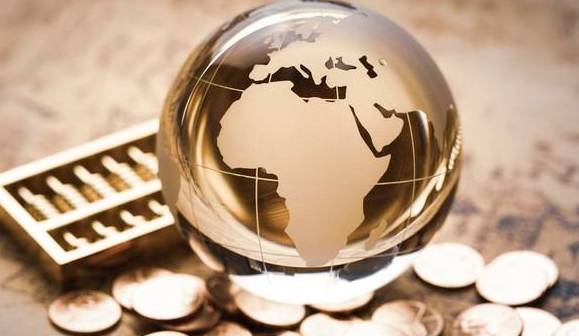
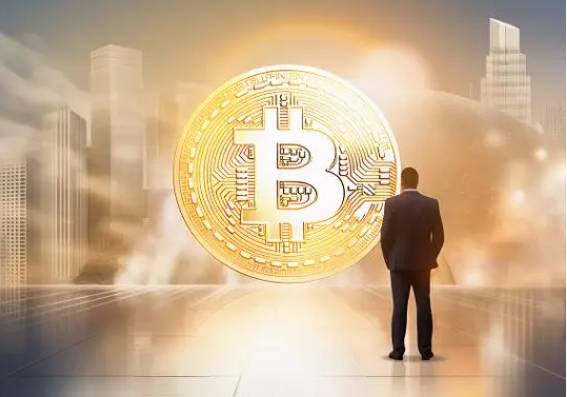

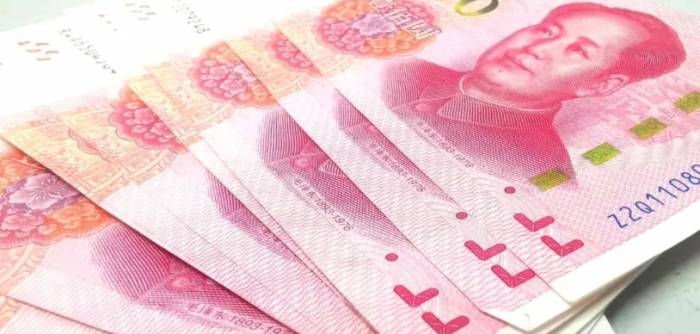


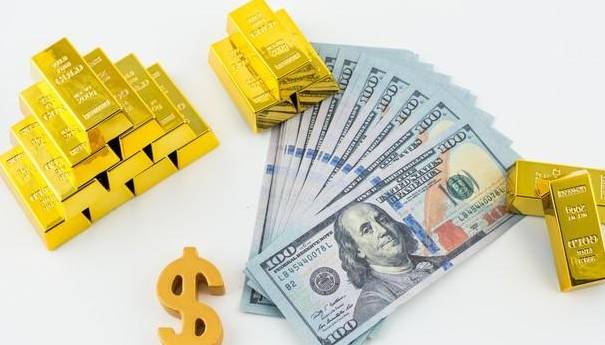








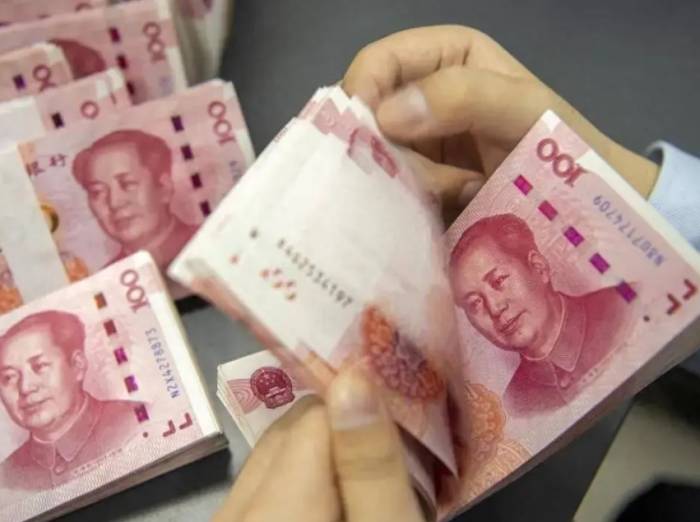


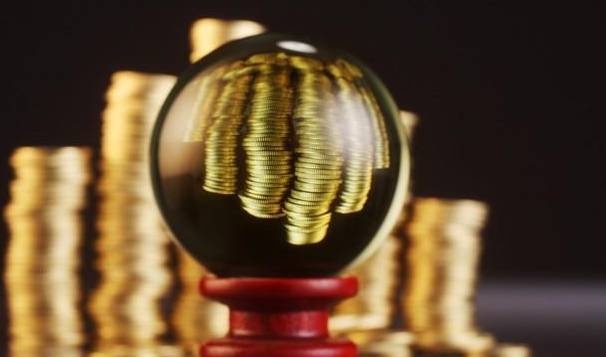
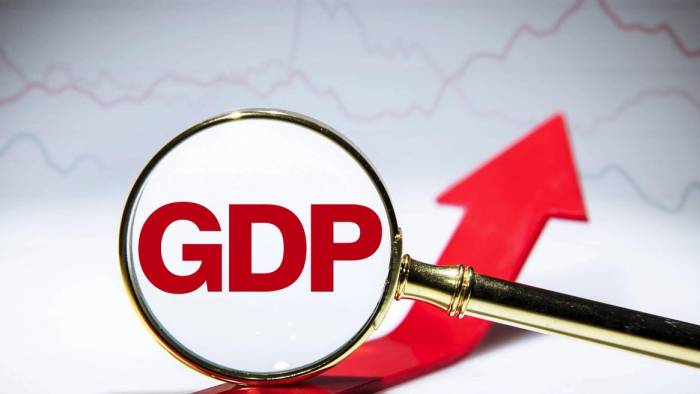
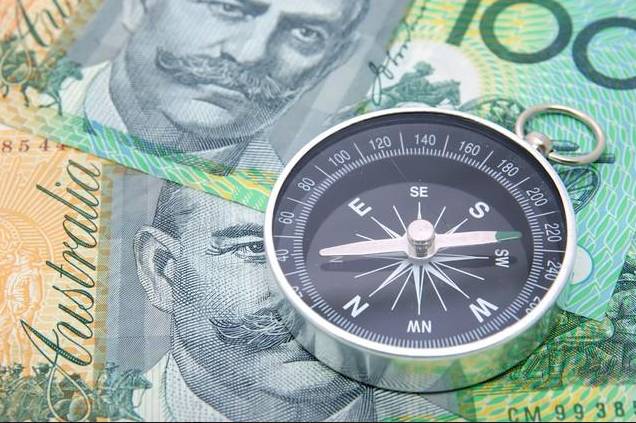


Add your perspective